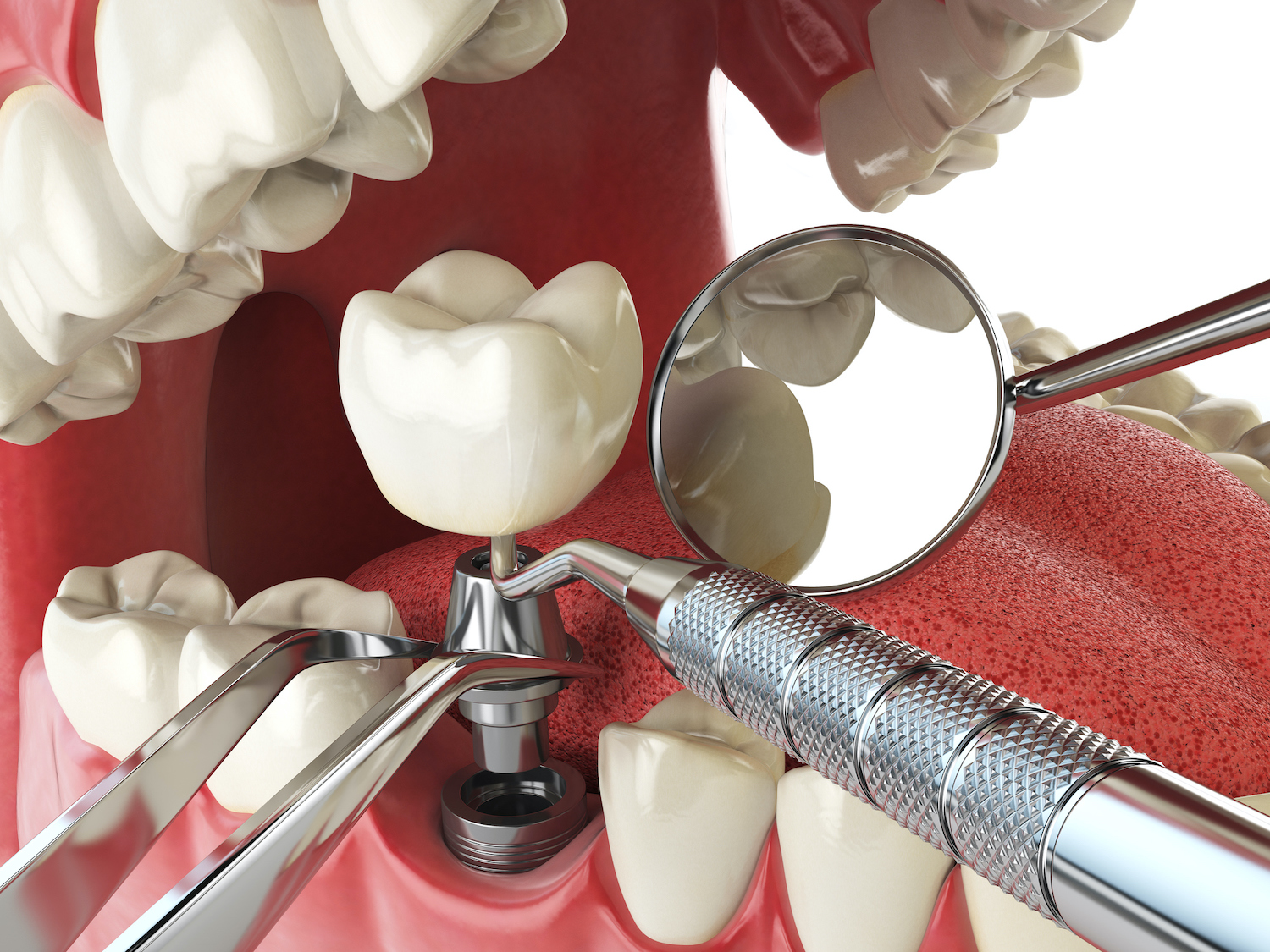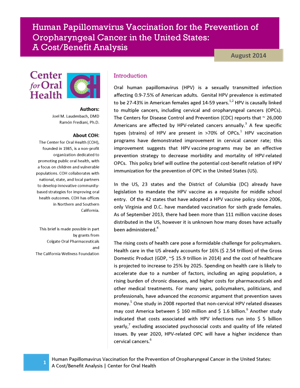Dental implants offer a reliable solution for missing teeth. However, not everyone qualifies for this treatment. Understanding the eligibility criteria can help you make informed decisions about your dental health.
What Prevents Implant Treatment
Poor Oral Health
You need healthy gums to support dental implants. Gum disease, also known as periodontal disease, can compromise implant success. This condition can lead to inflammation and damage to the gums and bone. Your dentist will evaluate your gum health before recommending implants. If you have gum disease, treating it first may improve your eligibility.
Insufficient Bone Density
Dental implants require sufficient jawbone density. Bone loss can occur due to missing teeth, periodontal disease, or other factors. Your dentist will assess your bone density through X-rays or CT scans. If you lack sufficient bone, bone grafting procedures could restore bone density. Bone grafting involves taking bone from another part of your body or using synthetic materials. This procedure can take several months to heal. Without adequate bone density, the implant may not integrate properly, leading to failure.
Uncontrolled Chronic Diseases
Chronic diseases like diabetes could affect healing. Uncontrolled diabetes increases the risk of implant failure. High blood sugar levels can impair blood flow and immune response. Your dentist will review your medical history to assess your condition. Proper management of chronic conditions is crucial for implant success. This may involve coordinating care with your primary physician. Other chronic conditions like heart disease or autoimmune disorders can also pose risks. Always disclose your full medical history to your dentist.
Smoking and Tobacco Use
Smoking affects blood flow to the gums. It can delay healing and increase the risk of implant failure. Nicotine and other chemicals in tobacco can impair bone and gum health. Dentists often advise quitting smoking before implant surgery. Tobacco use can significantly reduce implant success rates. Quitting smoking could improve your overall health and increase the chances of a successful implant.
Age Considerations
Young patients with incomplete jaw growth may not qualify. Jawbone growth needs to stabilize before implant placement. Placing implants too early can disrupt natural growth. Older adults may face challenges due to bone loss or other health issues. Each case requires individual assessment. Age alone is not a disqualifying factor, but related health conditions may be. Your dentist will consider your overall health and bone condition.
Medications and Treatments
Certain medications can affect bone healing. Bisphosphonates, used for osteoporosis, can complicate implant procedures. These medications can impair the bone’s ability to heal. Radiation therapy to the head or neck can also impact success. Radiation can damage bone and soft tissues, affecting implant integration. Inform your dentist about all medications and treatments. Your dentist may need to coordinate with your other healthcare providers. Adjustments to your treatment plan may be necessary.
Bruxism (Teeth Grinding)
Bruxism can put excessive pressure on implants. This can lead to implant failure. Teeth grinding can wear down natural teeth and restorations. Your dentist may recommend a night guard to manage bruxism. Addressing teeth grinding is crucial for implant longevity.
Inadequate Oral Hygiene
Good oral hygiene is essential for implant success. Poor hygiene can lead to infections and implant failure. Bacterial infections can compromise the implant site. Your dentist will emphasize the importance of maintaining oral hygiene. Brushing twice a day and flossing daily are crucial. Regular dental check-ups ensure long-term success. Professional cleanings can remove plaque and tartar that home care may miss. Your dentist may also provide specific instructions for implant care.
Financial Constraints
Dental implants can be expensive. Costs include the implant, abutment, and crown, as well as any preparatory procedures. Insurance coverage for implants may vary. Discuss financial options with your dentist. Payment plans or financing may be available. Some dental offices offer in-house financing or work with third-party lenders. Understanding the costs and options can help you plan accordingly. Investing in dental implants can improve your quality of life and oral health.
Considering dental implants? Consult with 615 Smile Design. Our experts will evaluate your eligibility. We offer personalized treatment plans to meet your needs. Visit us to explore your options for a healthy smile.





